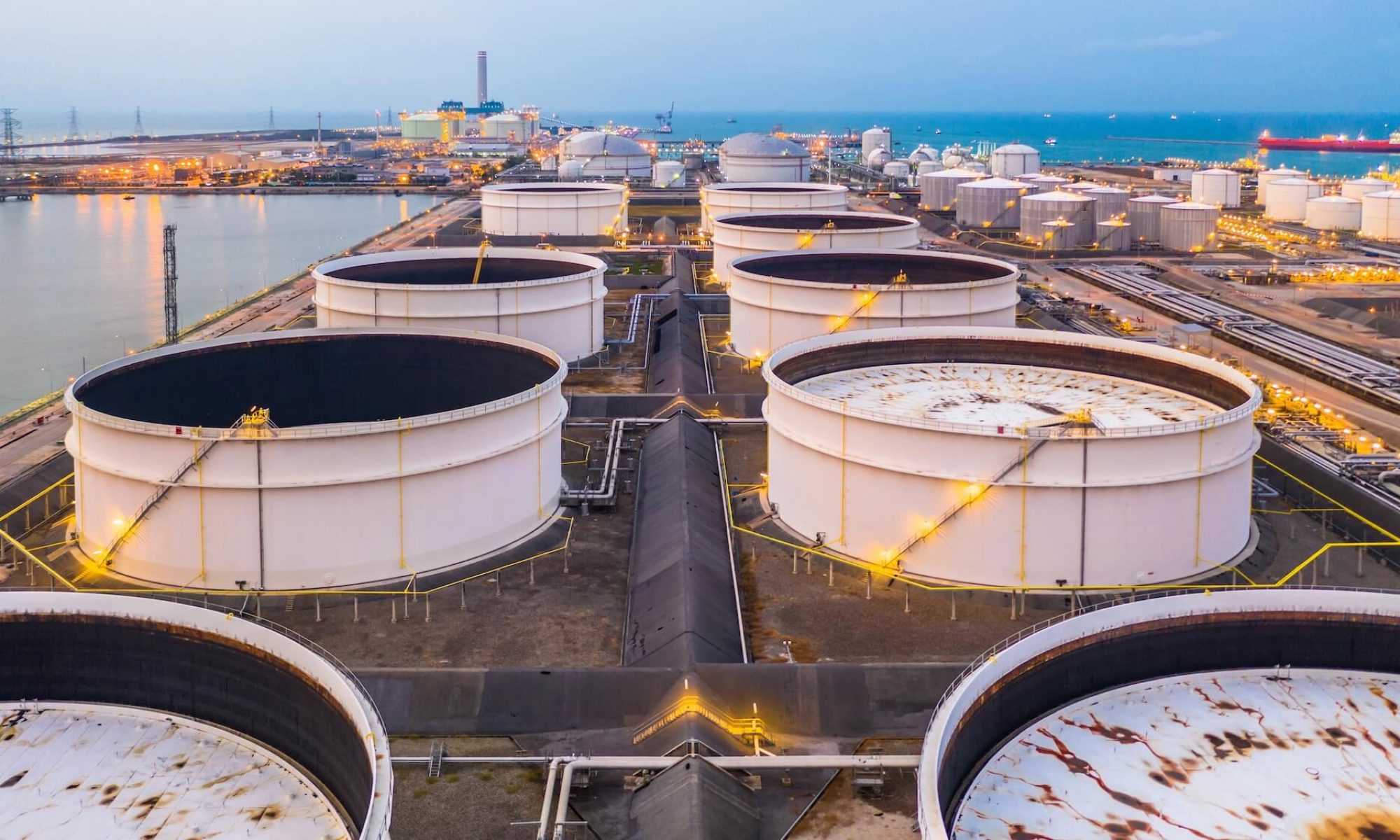Storage tanks play a vital role in industries such as oil and gas, water treatment, chemical processing, and manufacturing. In the UK, these tanks are often used to store hazardous, flammable, or environmentally sensitive materials, making safety, compliance, and maintenance an absolute priority.
Routine storage tank inspections aren’t just about ticking a regulatory box, they are a proactive step that can prevent costly repairs, environmental damage, and even major safety incidents. This guide explains why regular inspections are so important, what they involve, and the industry standards they follow.
Why Regular Storage Tank Inspections Matter
Routine inspections act as a preventative measure, ensuring tanks remain safe, operational, and compliant with UK regulations. Skipping or delaying inspections can allow small defects to develop into serious hazards, leading to accidents, environmental contamination, or expensive downtime.
Here are the key reasons why regular storage tank inspections are essential:
Safety
The primary reason for carrying out regular inspections is to detect issues such as leaks, cracks, or corrosion before they escalate into major incidents. Stored materials, particularly hazardous chemicals or fuels, can pose serious risks to both workers and the public if containment is compromised. Early detection keeps everyone safe.
Environmental Protection
Leaks or spills from storage tanks can have devastating environmental consequences, contaminating soil, groundwater, or nearby water sources. Preventing these incidents not only protects the environment but also helps avoid reputational damage and legal consequences for the business.
Compliance with Regulations
The UK has strict industry standards and legal requirements for storage tank maintenance. Regular inspections ensure tanks meet these requirements, helping businesses avoid fines, penalties, and enforcement action. Compliance also demonstrates a commitment to best practice and responsible operations.
Cost-Effectiveness
Addressing minor issues during an inspection is far less expensive than dealing with major repairs, replacements, or environmental clean-up after a failure. Routine inspections help prolong the lifespan of tanks, reduce maintenance costs, and improve return on investment.
Operational Efficiency
A well-maintained storage tank supports uninterrupted operations. Inspections reduce the risk of unplanned downtime, helping businesses stay productive and meet operational deadlines without disruption from unexpected failures.
What Is Typically Checked During a Storage Tank Inspection?
Storage tank inspections are carried out by trained, certified inspectors who use specialist equipment and methods to evaluate the condition of the tank. A thorough inspection may include:
- External Condition – Checking for corrosion, dents, deformation, coating breakdown, or other visible damage to the shell and roof.
- Internal Condition – Inspecting the tank floor, roof, and internal structures using techniques such as Magnetic Flux Leakage (MFL), Saturated Low Frequency Eddy Current (SLOFEC), or ultrasonic thickness surveys.
Tank Fittings and Connections – Assessing nozzles, manways, and weld seams for signs of wear, fatigue, or leaks. - Safety Devices – Testing tank level gauges, overfill alarms, pressure relief valves, and emergency venting systems.
- Documentation and Records – Reviewing inspection reports, maintenance logs, and operational history to identify recurring issues or patterns.
These checks give a complete picture of the tank’s condition, enabling informed maintenance decisions.
Relevant UK Standards for Storage Tank Inspections
Two key industry standards are followed for storage tank inspection in the UK:
- EEMUA 159 – Guidance for the design, installation, inspection, maintenance, and decommissioning of storage tanks. Covers both in-service inspections and out-of-service internal inspections.
- API 653 – An internationally recognised standard for the inspection, repair, alteration, and reconstruction of aboveground storage tanks. Often used alongside EEMUA 159 for best practice compliance.
By following these standards, inspections are carried out to a recognised level of quality, ensuring tanks remain safe, reliable, and compliant.
How Often Should Storage Tank Inspections Be Carried Out?
The frequency of inspections depends on the tank’s age, design, materials, and the type of product it stores. Factors such as operating conditions, environmental exposure, and past inspection results also play a role.
As a general guide:
- External inspections may be required annually or more frequently in harsh environments.
- Internal inspections are often conducted every 10 years for aboveground tanks, although higher-risk tanks may require shorter intervals.
A risk-based inspection (RBI) approach is often recommended, allowing inspection schedules to be tailored to the individual tank’s risk profile.
The Role of Skilled Inspectors in Tank Safety
Storage tank inspections require expertise, specialist tools, and a thorough understanding of industry standards. Skilled inspectors not only identify visible defects but also detect hidden flaws using advanced non-destructive testing (NDT) methods. Their findings inform maintenance strategies that can extend tank life and prevent failures.
Storage Tank Inspections: Protecting People, Assets, and the Environment
Whether storing drinking water, fuel, or hazardous chemicals, a storage tank is a critical part of an operation’s infrastructure. Routine inspections safeguard people, protect the environment, and keep operations running smoothly.
Businesses that prioritise regular inspections not only comply with regulations but also demonstrate a commitment to safety, environmental responsibility, and operational excellence.
Speak to Our Storage Tank Inspection Specialists
If you require professional storage tank inspections carried out in accordance with EEMUA 159 or API 653 standards, contact Bravura Inspection today. Our experienced team uses advanced techniques such as ultrasonic testing, MFL, and SLOFEC to provide accurate assessments that keep your assets safe and compliant. Call us on 01745 294367 or email [email protected] for more information.

